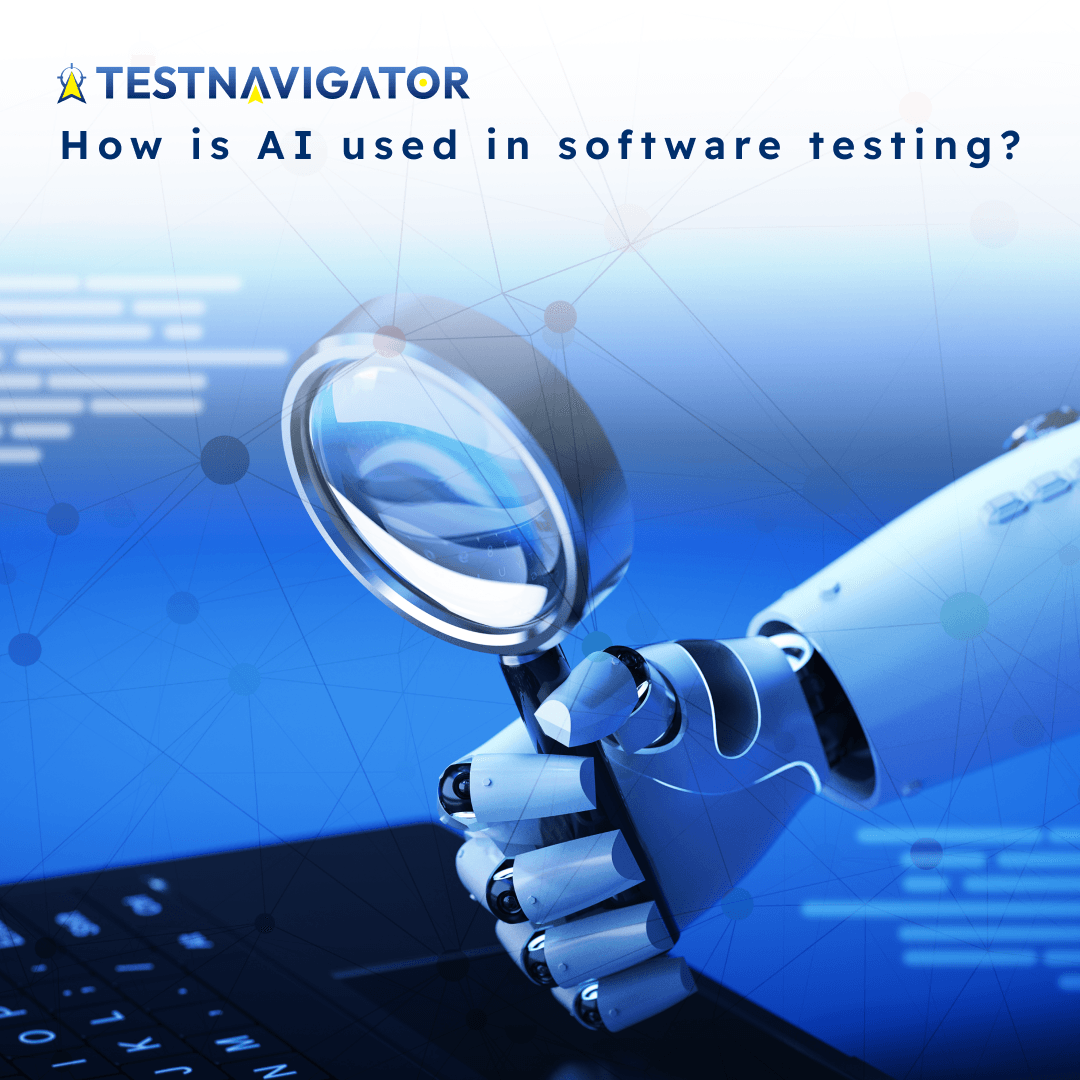
In just a few years, artificial intelligence has transformed nearly every industry in the world. There are still numerous development opportunities in this pioneering technology, but if businesses do not start using it, they are guaranteed to fall behind their competitors. This is no different in software testing, where the use of AI is likely to become the norm in the coming years, for example in test case generation or test result analysis. This will bring about significant advances in both software testing practices and mindset.
What does AI mean?
Before we delve into the relationship between AI and software testing, let's first understand what we mean by artificial intelligence. AI (Artificial Intelligence) can be defined as the simulation of human intelligence through machines programmed to perform tasks requiring advanced cognitive abilities, such as data analysis, decision making, learning, and adapting to new information.
Generally, AI systems operate by absorbing large amounts of labeled data, analyzing the data in terms of correlations and patterns, and using these patterns to predict future states. In this way, a chatbot using text examples can learn to generate lifelike exchanges with people, or an image recognition tool can learn to identify and describe objects in images by reviewing millions of examples.
AI in software testing
AI-supported testing evaluates a system's functionality, performance, and reliability with the help of artificial intelligence, essentially applying the same techniques as traditional software testing. Yet, these traditional methods have been drastically enhanced by AI technology.
When we talk about traditional software testing, we usually think of a hybrid approach – that is, automated and manual testing. Testers often use automated testing tools to perform repetitive test cases so they can focus more on tasks requiring human thought, such as decision making and planning. The integration of artificial intelligence further strengthens this process, allowing testers to focus even more on tasks requiring advanced human thinking.
How does AI support software testing?
AI can support software testing in several ways. For one, it can help testers create test scripts faster and smarter. This can be achieved by clearly defining the focus, scope, and boundaries of the testing, which allows AI to generate new tests. Over time, as AI learns more about user behavior in the tested application (AUT), it can increasingly align test generation with business needs.
Additionally, AI can also assist testers by quickly generating test data. In some cases, comprehensive testing requires a large amount of data or a large number of data combination inputs. For example, testing the search function of an e-commerce website for thousands of different queries. Instead of having to create these data points from scratch, AI can produce this dataset, significantly speeding up the testing process.
The emergence of AI has also significantly facilitated visual testing, which was previously a rather complicated task, as testers had to notice visual differences between the pre-installation and post-installation user interface with their own eyes. Visual testing tools indeed identify image changes better, but they cannot distinguish between changes that affect users and those that do not. AI-driven visual testing tools take this into account and thus identify faults more accurately.
New directions in software testing
The emergence of AI in the field of software testing represents a real paradigm shift, enabling faster testing processes, improved quality, and more efficient use of testing resources. Effective implementation of AI in software testing practices also presents new challenges for organizations, such as the need to develop the appropriate technological infrastructure, train the workforce, and integrate new tools into existing systems. However, these investments pay off by improving the quality of software products, reducing time to market, and increasing end-user satisfaction. AI is not just a technological innovation, but a strategic tool that transforms software testing and opens up new opportunities for technological progress and innovation.